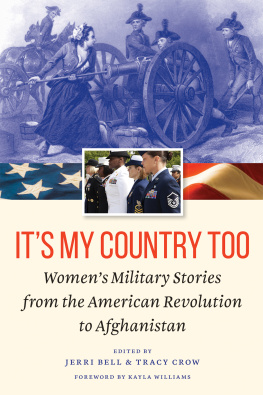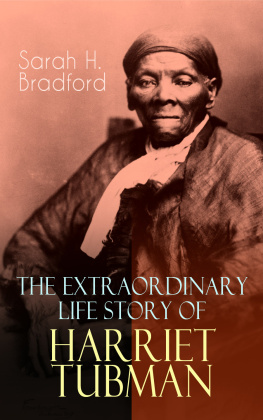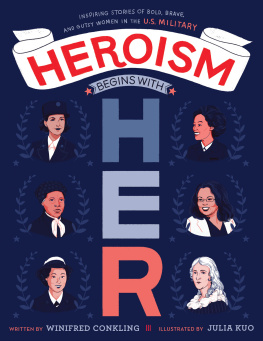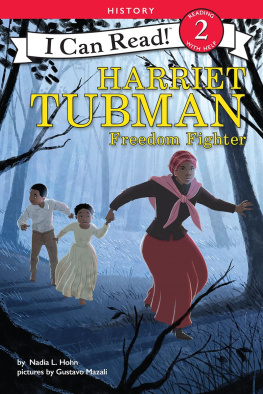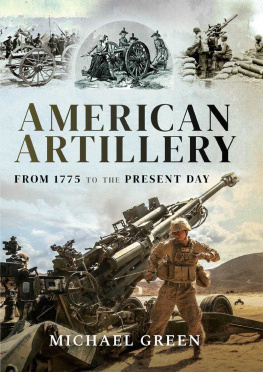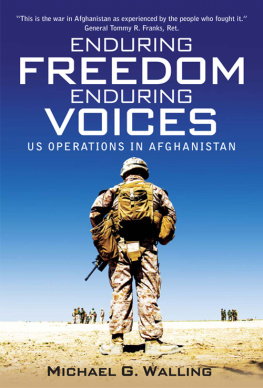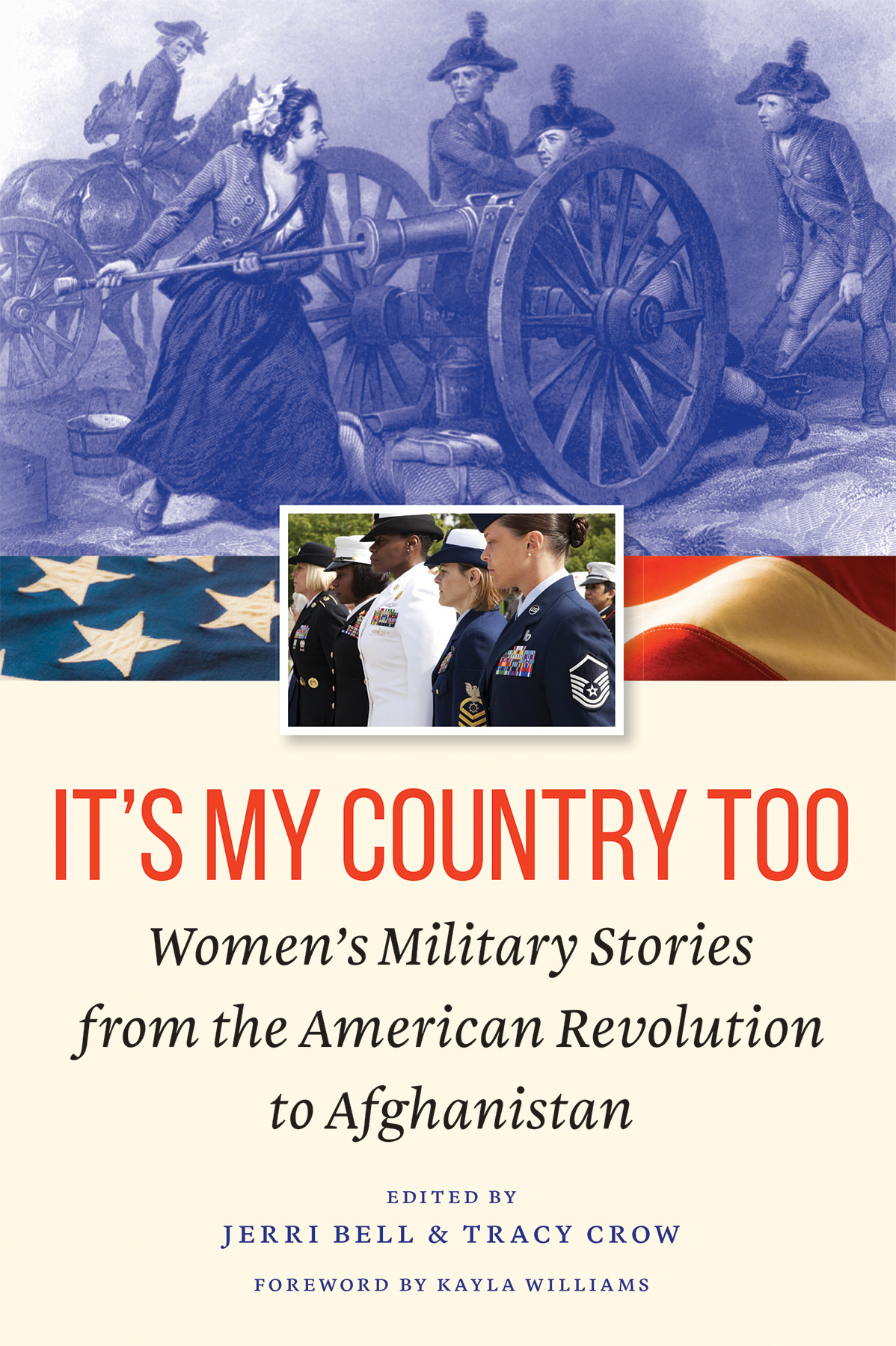This compendium of womens bravery and accomplishments is a compelling read of firsthand accounts in U.S. military conflicts. No American woman should raise her right hand and swear to support and defend without these haunting voices urging her to walk the trail where few have gone. Every American history syllabus should include this book as a requirement. A true inspiration!
Maj. Gen. Dee Ann Mcwilliams, U.S. Army (Ret.), president of Women in Military Service for America
Jerri Bell and Tracy Crow have done a great literary service with this bookfor too long, the courage and gallantry of American women on the battlefield has gone unnoticed. This is vital, superb reading.
This meticulously researched book... allows women to speak for themselves about their experiences in American military service. It echoes with voices of many thousands of their sisters in arms.
Margaret Vining, curator of Armed Forces History for the National Museum of American History, Smithsonian Institution
Its My Country Too
Womens Military Stories from the American Revolution to Afghanistan
Edited by Jerri Bell & Tracy Crow
Foreword by Kayla Williams
Potomac Books
An imprint of the University of Nebraska Press
2017 by the Board of Regents of the University of Nebraska
Cover designed by University of Nebraska Press; cover: top image courtesy Eon Images; center image courtesy U.S. Department of Defense/Alejandro Sierras; flag image iStockphoto.com/Ron Thomas.
Acknowledgments for the use of copyrighted material appear in , which constitutes an extension of the copyright page.
All rights reserved. Potomac Books is an imprint of the University of Nebraska Press.
Library of Congress Cataloging-in-Publication Data
Names: Bell, Jerri, editor. | Crow, Tracy, editor.
Title: Its my country too: womens military stories from the American Revolution to Afghanistan / edited by Jerri Bell and Tracy Crow; foreword by Kayla Williams.
Other titles: Womens military stories from the American Revolution to Afghanistan
Description: Lincoln NE : Potomac Books, an imprint of the University of Nebraska Press, [2017] | Includes bibliographical references.
Identifiers: LCCN 2016054040 (print)
LCCN 2016057132 (ebook)
ISBN 9781612348315 (cloth: alk. paper)
ISBN 9781612349343 (epub)
ISBN 9781612349350 (mobi)
ISBN 9781612349367 (pdf)
Subjects: LCSH : United StatesArmed ForcesWomenBiography. | Women and the militaryUnited States. | Women soldiersUnited StatesBiography.
Classification: LCC UB 418. W 65 B 448 2017 (print) | LCC UB 418. W 65 (ebook) | DDC 355.0092/520973dc23
LC record available at https://lccn.loc.gov/2016054040
The publisher does not have any control over and does not assume any responsibility for author or third-party websites or their content.
It isnt just my brothers country, or my husbands country, its my country as well. And so the war wasnt just their war, it was my war, and I needed to serve in it.
Maj. Beatrice Stroup, Womens Army Corps, World War II
Contents
Kayla Williams
When I came home from Iraq and began the longer and more complicated journey back into civilian life, feelings of isolation and alienation often dominated during my interactions with people outside the military. I could pick out military men from across the room: the haircut, posture, set of jaw. Civilians often could, too, and the common phrase would come: Thank you for your service. Out of uniform, this didnt often happen to me or the other women I served with. Even sporting obvious markers of military affiliation like bumper stickers or unit shirts was more likely to inspire questions about our husbands service, rather than our own.
Seeking to understand my new identity after the fundamentally life-altering experience of going to war, it only belatedly dawned on me that I was a veteran and shared something profound with other veterans stretching back through untold generations. Yet even in books, movies, and gatherings of fellow veterans, I still often felt invisible. Erased. My experiences questioned or subtly discounted.
My first book, Love My Rifle More Than You: Young and Female in the U.S. Army, was partly a response to this marginalization. By telling my story, I wanted to give a richer and more nuanced window into the experiences of women serving in the global war on terror. Women who served in prior eras came up to me after talks to thank me for giving voice to experiences similar to their own: I started to think I was just crazy. No one understood what I was talking aboutbut you went through the same thing! It was humbling and gratifying, but also disconcerting: surely I wasnt the first to share these tales.
Of course I wasnt. But stories by and of women at war were not deeply embedded into the literary canon, enacted on stage and screen, commemorated in memorials across the land. They were scattered, hidden, erased, and hard to uncover.
Until this volume.
Jerri and Tracy have assembled an incredible trove of stories dating back to the Revolutionary War that ground the service and sacrifice of women serving today and tomorrow in the broader sweep of history. Each war in which we served was also another battle to prove our worth and the legitimacy of our contributions. Roughly a quarter millennium after we fought for freedom in the Revolutionary War, that struggle was victorious: women can now serve in any job and unit for which they are qualified.
While women today may not face the same legal and policy barriers to service that those who came before them did, they will still find much to recognize in these stories, from the astute observation from a woman who fought in the Civil War that the biggest talkers are not always the best fighters to a World War I nurses marveling at how easily humans get accustomed to sounds of terrific explosions. Many recount missing, years later, the sense of purpose and close relationships that developed while serving, despite the challenges and threats.
These essential stories illustrate the tremendous, ongoing effort toward full freedom and equality in which generations of women, people of color, and other minorities have been engaged since this country was founded. They are essential reading not only for military and veteran women, but for all who want a fuller accounting of how we became the nation we are becoming today.
This foreword was prepared in Kayla Williamss personal capacity; the opinions expressed are her own and do not reflect the view of the Department of Veterans Affairs or the United States government.
Too Often Women Were Viewed as Incidental
One spring afternoon, a sailor and a Marine walked into a bar in the nations capital...
Stories with this beginning sometimes end with a bar fight. Our meeting, however, led to a yearlong collaboration and a new understanding of our combined thirty years of military service.
We began with the observation that contemporary books about military women are available and even commercially successful. But the voices of Americas women veterans rarely make it into print, and never with the same level of publicity or critical acclaim as those of their male counterparts. We felt that the public was missing something important about military women, though we werent sure exactly what it was. We were also frustrated that the women veterans stories told by others didnt reflect our experience of service in the armed forces, or the service of other women veterans we knew. We wondered what we might discover if we told the story of womens military service in America from the point of view ofand

